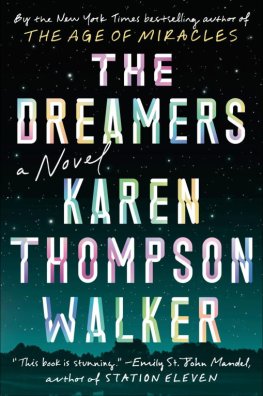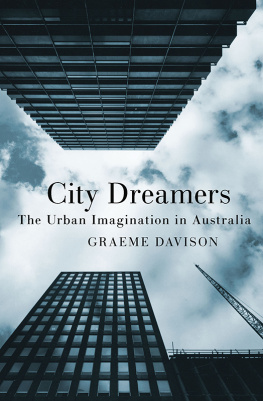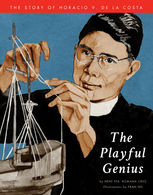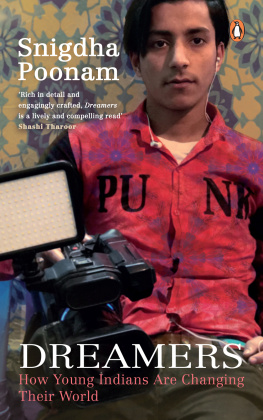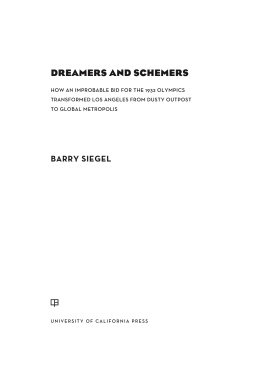Imbolo Mbue
Behold the Dreamers
For my beautiful AMR
with gratitude
for walking with me into the Mystery
For the Lord your God is bringing you into a good land a land with streams and pools of water, with springs flowing in the valleys and hills; a land with wheat and barley, vines and fig-trees, pomegranates, olive oil and honey; a land where bread will not be scarce and you will lack nothing; a land where the rocks are iron and you can dig copper out of the hills.
Deuteronomy 8:79
HED NEVER BEEN ASKED TO WEAR A SUIT TO A JOB INTERVIEW. NEVER been told to bring along a copy of his rsum. He hadnt even owned a rsum until the previous week when hed gone to the library on Thirty-fourth and Madison and a volunteer career counselor had written one for him, detailed his work history to suggest he was a man of grand accomplishments: farmer responsible for tilling land and growing healthy crops; street cleaner responsible for making sure the town of Limbe looked beautiful and pristine; dishwasher in Manhattan restaurant, in charge of ensuring patrons ate from clean and germ-free plates; livery cabdriver in the Bronx, responsible for taking passengers safely from place to place.
Hed never had to worry about whether his experience would be appropriate, whether his English would be perfect, whether he would succeed in coming across as intelligent enough. But today, dressed in the green double-breasted pinstripe suit hed worn the day he entered America, his ability to impress a man hed never met was all he could think about. Try as he might, he could do nothing but think about the questions he might be asked, the answers he would need to give, the way he would have to walk and talk and sit, the times he would need to speak or listen and nod, the things he would have to say or not say, the response he would need to give if asked about his legal status in the country. His throat went dry. His palms moistened. Unable to reach for his handkerchief in the packed downtown subway, he wiped both palms on his pants.
Good morning, please, he said to the security guard in the lobby when he arrived at Lehman Brothers. My name is Jende Jonga. I am here for Mr. Edwards. Mr. Clark Edwards.
The guard, goateed and freckled, asked for his ID, which he quickly pulled out of his brown bifold wallet. The man took it, examined it front and back, looked up at his face, looked down at his suit, smiled, and asked if he was trying to become a stockbroker or something.
Jende shook his head. No, he replied without smiling back. A chauffeur.
Right on, the guard said as he handed him a visitor pass. Good luck with that.
This time Jende smiled. Thank you, my brother, he said. I really need all that good luck today.
Alone in the elevator to the twenty-eighth floor, he inspected his fingernails (no dirt, thankfully). He adjusted his clip-on tie using the security mirror above his head; reexamined his teeth and found no visible remnants of the fried ripe plantains and beans hed eaten for breakfast. He cleared his throat and wiped off whatever saliva had crusted on the sides of his lips. When the doors opened he straightened his shoulders and introduced himself to the receptionist, who, after responding with a nod and a display of extraordinarily white teeth, made a phone call and asked him to follow her. They walked through an open space where young men in blue shirts sat in cubicles with multiple screens, down a corridor, past another open space of cluttered cubicles and into a sunny office with a four-paneled glass window running from wall to wall and floor to ceiling, the thousand autumn-drenched trees and proud towers of Manhattan standing outside. For a second his mouth fell open, at the view outside the likes of which hed never seen and the exquisiteness inside. There was a lounging section (black leather sofa, two black leather chairs, glass coffee table) to his right, an executive desk (oval, cherry, black leather reclining chair for the executive, two green leather armchairs for visitors) in the center, and a wall unit (cherry, glass doors, white folders in neat rows) to his left, in front of which Clark Edwards, in a dark suit, was standing and feeding sheets of paper into a pullout shredder.
Please, sir, good morning, Jende said, turning toward him and half-bowing.
Have a seat, Clark said without lifting his eyes from the shredder.
Jende hurried to the armchair on the left. He pulled a rsum from his folder and placed it in front of Clarks seat, careful not to disturb the layers of white papers and Wall Street Journals strewn across the desk in a jumble. One of the Journal pages, peeking from beneath sheets of numbers and graphs, had the headline: WHITES GREAT HOPE? BARACK OBAMA AND THE DREAM OF A COLOR-BLIND AMERICA. Jende leaned forward to read the story, fascinated as he was by the young ambitious senator, but immediately sat upright when he remembered where he was, why he was there, what was about to happen.
Do you have any outstanding tickets you need to resolve? Clark asked as he sat down.
No, sir, Jende replied.
And you havent been in any serious accidents, right?
No, Mr. Edwards.
Clark picked up the rsum from his desk, wrinkled and moist like the man whose history it held. His eyes remained on it for several seconds while Jendes darted back and forth, from the Central Park treetops far beyond the window to the office walls lined with abstract paintings and portraits of white men wearing bow ties. He could feel beads of sweat rising out of his forehead.
Well, Jende, Clark said, putting the rsum down and leaning back in his chair. Tell me about yourself.
Jende perked up. This was the question he and his wife, Neni, had discussed the previous night; the one theyd read about when they Googled the one question they ask at every job interview. They had spent an hour hunched over the cranky desktop, searching for the best answer, reading much-too-similar pieces of advice on the first ten sites Google delivered, before deciding it would be best if Jende spoke of his strong character and dependability, and of how he had everything a busy executive like Mr. Edwards needed in a chauffeur. Neni had suggested he also highlight his wonderful sense of humor, perhaps with a joke. After all, she had said, which Wall Street executive, after spending hours racking his brain on how to make more money, wouldnt appreciate entering his car to find his chauffeur ready with a good joke? Jende had agreed and prepared an answer, a brief monologue which concluded with a joke about a cow at a supermarket. That should work very well, Neni had said. And he had believed so, too. But when he began to speak, he forgot his prepared answer.
Okay, sir, he said instead. I live in Harlem with my wife and with my six-years-old son. And I am from Cameroon, in Central Africa, or West Africa. Depends on who you ask, sir. I am from a little town on the Atlantic Ocean called Limbe.
I see.
Thank you, Mr. Edwards, he said, his voice quivering, unsure of what he was thankful for.
And what kind of papers do you have in this country?
I have papers, sir, he blurted out, leaning forward and nodding repeatedly, goose bumps shooting up all over his body like black balls out of a cannon.
I said what kind of papers?
Oh, I am sorry, sir. I have EAD. EAD, sir that is what I have right now.
Whats that supposed The BlackBerry on the desk buzzed. Clark quickly picked it up. What does that mean? he asked, looking down at the phone.
It means Employment Authorization Document, sir, Jende replied, shifting in his seat. Clark neither responded nor gestured. He kept his head down, his eyes on the smartphone, his soft-looking fingers jumping all over the keypad, lithely and speedily up, left, right, down.

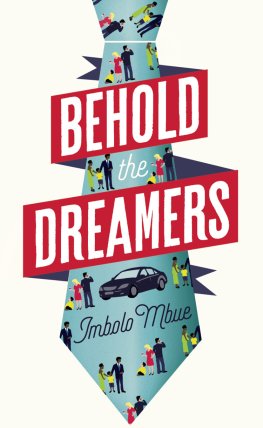
![Dzhon Makdonald - Wine of the Dreamers [= Planet of the Dreamers]](/uploads/posts/book/910462/thumbs/dzhon-makdonald-wine-of-the-dreamers-planet-of.jpg)

